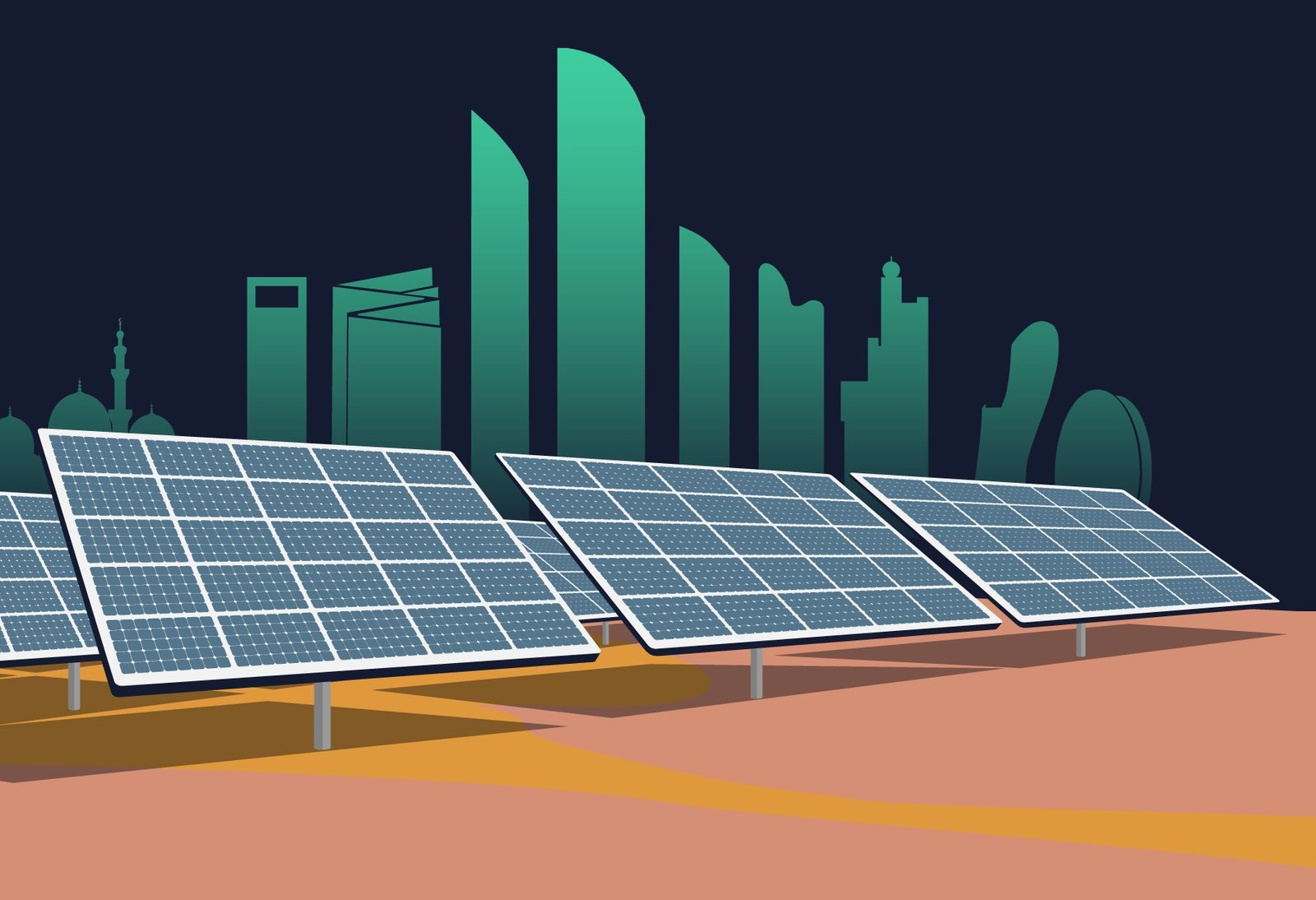Tata Power Solar has officially begun commercial production of solar cells at its 2GW manufacturing line in Tirunelveli, Tamil Nadu, India.
The production facility, which has a total capacity of 4.3GW for solar cells and modules, is a major step toward strengthening India’s solar supply chain.
Commissioned in October 2023, the plant has already produced 1.25GW of solar modules and plans to ramp up cell production to full capacity in the coming months.
The new facility is part of Tata Power’s broader strategy to boost solar energy production and support India’s renewable energy targets.
The company aims to scale up output over the next few weeks, with the remaining 2GW expected to be operational within four to six weeks.
Once fully operational, the Tirunelveli plant will play a crucial role in expanding India’s domestic solar manufacturing capabilities.
Dr. Praveer Sinha, CEO and Managing Director of Tata Power, highlighted the significance of the project, stating, “The commencement of cell production at our Tirunelveli plant marks a vital step toward indigenising the solar value chain and achieving self-reliance. This facility will drive India’s transition toward a Net-Zero carbon future.”
The ₹4,300 crore ($512 million) facility is equipped with cutting-edge technology to produce both TOPCon (Tunnel Oxide Passivated Contact) and Mono Perc (Monocrystalline) solar cells, which are integral to the latest solar module designs.
The facility’s modules are already listed on the government’s Approved List of Models and Manufacturers (ALMM), with solar cells expected to be added soon.
Tata Power intends to use these solar cells and modules to supply its existing solar projects while also catering to the wider market as demand for renewable energy components increases.
The company also operates another manufacturing facility in Bengaluru, with a capacity of 682MW for solar modules and 530MW for solar cells, further bolstering its contribution to India’s clean energy sector.
India’s solar power industry is experiencing significant growth. The National Institute of Solar Energy (NISE) estimates that the country has a solar potential of around 748GW.
By the end of 2022, India ranked fifth globally in solar PV deployment, demonstrating the rapid expansion of the sector.
Solar energy has become a cornerstone of India’s National Action Plan, which focuses on rural electrification through decentralised systems and enhancing energy security via grid-connected power generation.
Tata Power is capitalising on this growing demand, targeting both rooftop solar installations and utility-scale projects.
With a 20% market share in these segments, the company is well-positioned to expand its presence as India scales up renewable energy initiatives to meet its climate goals.
The Tirunelveli facility is poised to support India’s ambitious clean energy transition, enhancing both energy security and self-sufficiency in solar manufacturing.
Meanwhile, Tata Power EV Charging Solutions Limited, a subsidiary of Tata Power Renewable Energy Limited, has signed a Memorandum of Understanding (MoU) with Tata Motors to establish 200 fast-charging stations for electric commercial vehicles across major cities including Mumbai, Delhi, Chennai, Bengaluru, and Kolkata.
This partnership is a key expansion of their ongoing collaboration aimed at promoting sustainable mobility by providing accessible charging solutions for small electric commercial vehicles.
Under this initiative, Tata Motors and Tata Power will offer exclusive charging tariffs for Tata Motors’ electric commercial vehicle owners, helping to reduce operating costs and improve profitability.
With nearly 1,000 fast chargers planned nationwide, the network expansion will significantly enhance the infrastructure for electric commercial vehicle users across India.
Tata Power, under its EZ Charge brand, has significantly grown its network to include more than 1,00,000 home chargers, over 5,500 public, semi-public, and fleet charging stations, as well as 1,100+ bus charging points across 530 cities and towns.
The chargers are strategically placed at key and easily accessible locations, including highways, hotels, shopping malls, hospitals, offices, and residential complexes. This broad deployment has played a crucial role in accelerating the adoption of electric mobility throughout India.






**aquasculpt**
aquasculpt is a premium metabolism-support supplement thoughtfully developed to help promote efficient fat utilization and steadier daily energy.
**herpafend**
Herpafend is a natural wellness formula developed for individuals experiencing symptoms related to the herpes simplex virus. It is designed to help reduce the intensity and frequency of flare-ups while supporting the bodys immune defenses.
**prostafense reviews**
ProstAfense is a premium, doctor-crafted supplement formulated to maintain optimal prostate function, enhance urinary performance, and support overall male wellness.
**boostaro official**
Boostaro is a purpose-built wellness formula created for men who want to strengthen vitality, confidence, and everyday performance.
**back biome official**
Mitolyn is a carefully developed, plant-based formula created to help support metabolic efficiency and encourage healthy, lasting weight management.